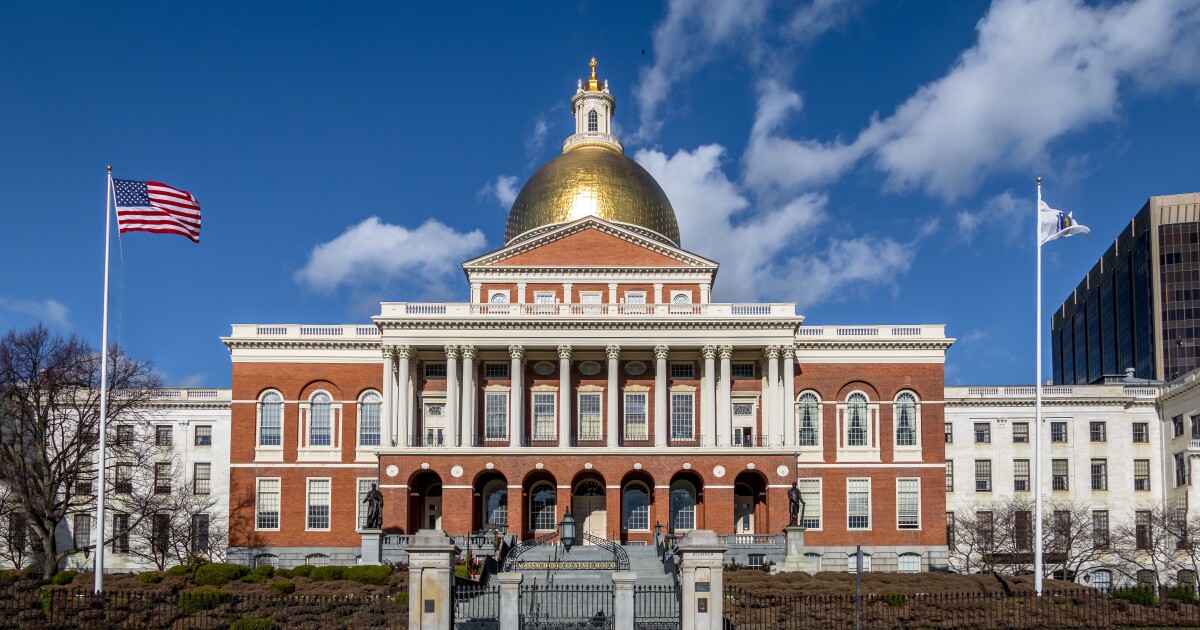After months of debate, Massachusetts primed to pass tax relief package
2 min read

Massachusetts’ House of Representatives passed a hotly debated series of tax cuts this week.
Following months of legislative back-and-forth on the package’s provisions, state representatives voted 55-1 Wednesday to pass a series of tax cuts expected to provide $561 billion in breaks across its first year.
The bill has seen revision after revision since Gov. Maura Healey first pitched it in February with her fiscal 2024 budget proposal.
Adobe Stock
Debate on the plan continued past the June 30 close of the fiscal year, requiring lawmakers to cleave the relief package away from the state’s general budget to avoid a government shutdown.
House Speaker Ron Mariano said the package provided “an awful lot of tax credits” to a wide array of state taxpayers, while Senate President Sen. Karen Spilka called it “the largest bipartisan tax relief proposal in over a generation,” in a recent press conference.
The final product maintains many of the breaks Healey called for, albeit at a smaller price tag.
Under the new plan, state residents across income ranges will see a total of $561 million in breaks in 2024, expected to increase to $1 billion by 2027 — a reduction from the $742 million for the first year originally proposed by the governor.
The priciest piece of Healey’s proposed relief package, a bump of the state’s child tax credit from $180 to $600, which would have cost $458 million, has been dialed back to an increase to $310 for 2023, and $440 for 2024 and beyond.
The new plan eliminates the state’s tax on estates smaller than $2 million. Healey had called for a $3 million cutoff.
The Massachusetts House also agreed on a 3.5% reduction in the state’s short-term capital gains tax, to 8.5% from 12%. The new rate is still higher than the 5% sought by the governor, settled on after the provision became a focus of negotiations in April after the State Department of Revenue announced in its yearly report that annual tax revenue collection fell by 4.7% in fiscal year 2023, linked in large part to a reduction in capital gains tax revenues.
Lawmakers did follow suit with the governor’s proposal in doubling a senior circuit breaker tax credit, increasing the cap on tax deductions for rent $3,000 to $4,000, and reforming a state tax rebate system that returns excess revenues to taxpayers in proportion to what they paid in favor of a flat rebate.
The plan now waits for a vote from a supportive state Senate before making its way to the governor’s desk, where it’s expected to be approved without issue.







